 Kyle Reardon, a Salvationist and graphic designer based in Washington, D.C., isn't afraid to take on tough topics. In IRIS, a seven-part science-fiction epic published by The Salvation Army's Frontier Press, Reardon explores issues such as women in leadership, consent and body image. Staff writer Brianne Zelinsky spoke to Reardon about IRIS and how his superhero's duty to seek justice runs parallel with the mission of The Salvation Army.
Kyle Reardon, a Salvationist and graphic designer based in Washington, D.C., isn't afraid to take on tough topics. In IRIS, a seven-part science-fiction epic published by The Salvation Army's Frontier Press, Reardon explores issues such as women in leadership, consent and body image. Staff writer Brianne Zelinsky spoke to Reardon about IRIS and how his superhero's duty to seek justice runs parallel with the mission of The Salvation Army.
Q: What is the main message you hope readers will take away from IRIS?
I wanted to create a female character that young women could look up to, as well as young men. In the first issue, readers meet Iris, who dies and comes back to life. As the story progresses, Iris seeks answers to life's questions and explores what they mean for her beliefs. I want people to feel OK with not knowing what's going to happen to us when we die, that there's a difference between faith and certainty, and that faith is healthier than certainty.
Q: Female action figures are often hyper-sexualized but Iris isn't. Why did you choose to depict her in this way?
Iris is dealing with people who treat her body as though they own it. She was specifically chosen to be resurrected because she was attractive, because the people funding the project were male, and she's dealing with the fact that she is alive for that reason. As the story progresses, Iris starts to feel guilty about being attractive but, really, the onus isn't on her. It's on the people who chose her, who use her as a piece of property for them to ogle.
Q: How does your faith inform the work you do?
I believe that we are always supposed to be searching after God, and that God has engineered our relationship with him so that we don't find all the answers in this life. He gives us certain answers and guideposts, but we should always be trying to find out more. That zeal for learning more about God and searching after him influences all of my creative work in that my characters don't have all the answers, and that's what drives them. They want to know why, where and what they're moving toward, and what the purpose is. In my stories, that drive points to God, but my faith hasn't always been sunshine and roses. There are times when you feel abandoned by God or that you have disappointed him, and I think that's a human thing. I want to share stories that evoke that feeling. Asking questions is essential to my faith and it's the cornerstone of my creative work.
Q: How have you used your talents in ministry?
IRIS is my biggest project so far. There is a discussion guide that goes with it, and it's been sent off to youth councils. The guide includes questions about things such as consent and respecting other people's bodies, which I think are godly principles. I think comic books are unique because they can provide a common language when discussing faith issues.
Q: How do you think The Salvation Army can empower women in leadership? What role can IRIS play?
We often fragment leadership and women's leadership. We have a strong history of female leaders, especially single female leaders. It would be fantastic to see a married woman General. Part of that conversation is removing the gender stigma from “She's a great female leader” to “She's a great leader.” In IRIS, the protagonist is not a great female hero; she's a great hero with a story that both young men and women can look up to, respect and enjoy.
To order a copy of IRIS, visit kylereardonart.com.
See below for early sketches of IRIS:
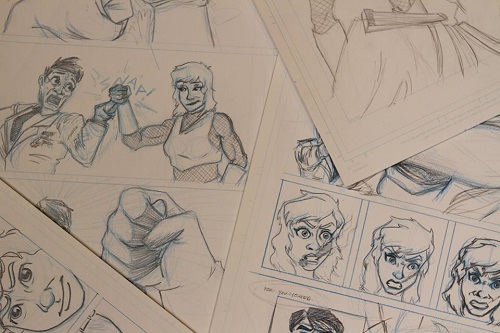
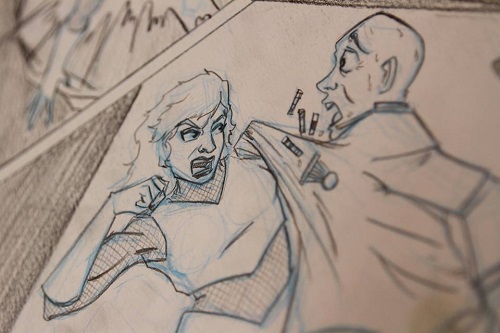
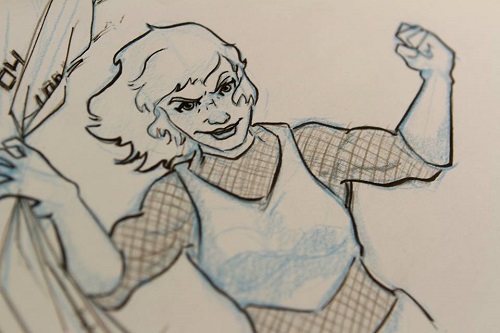




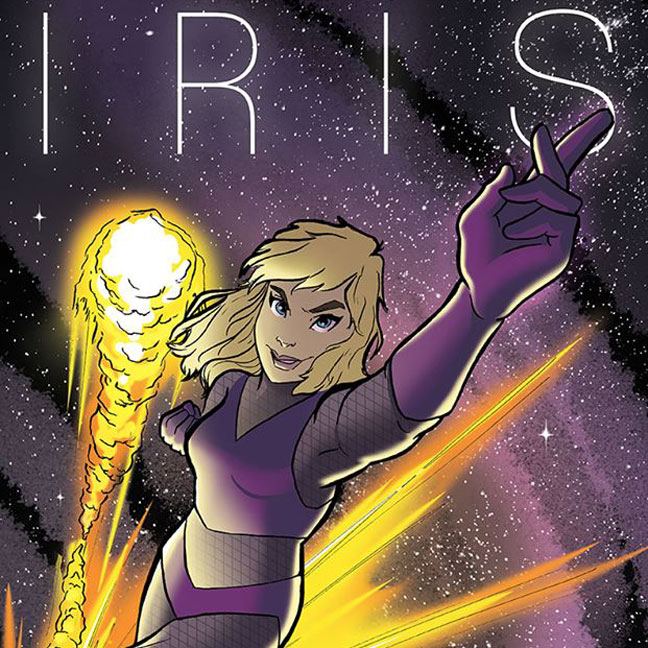

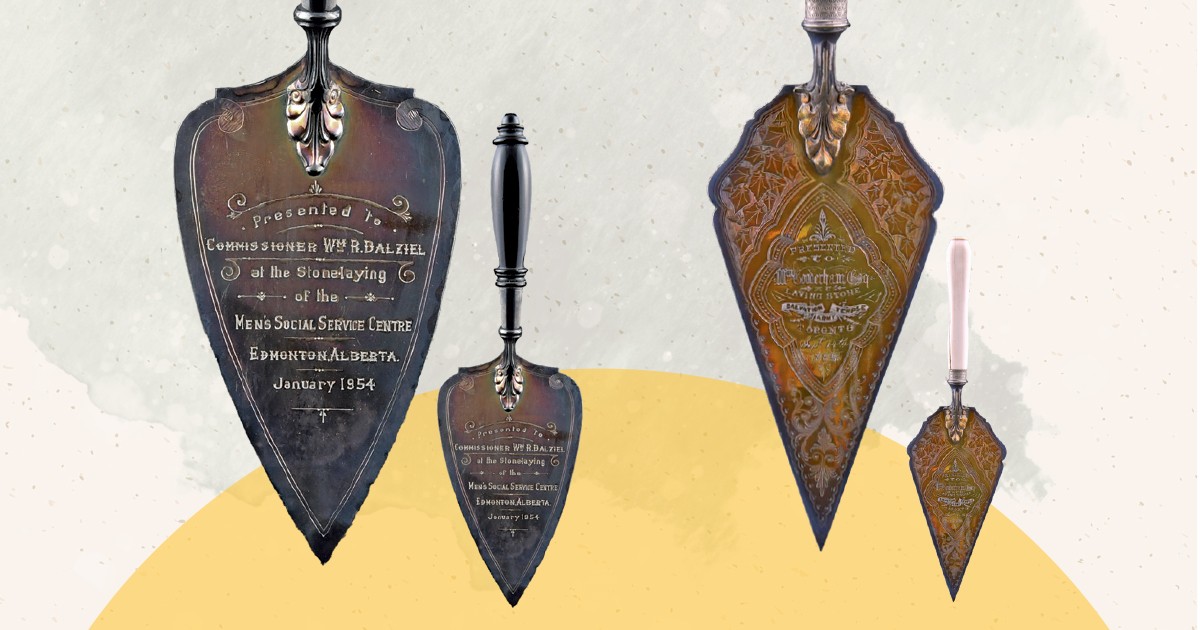



Leave a Comment